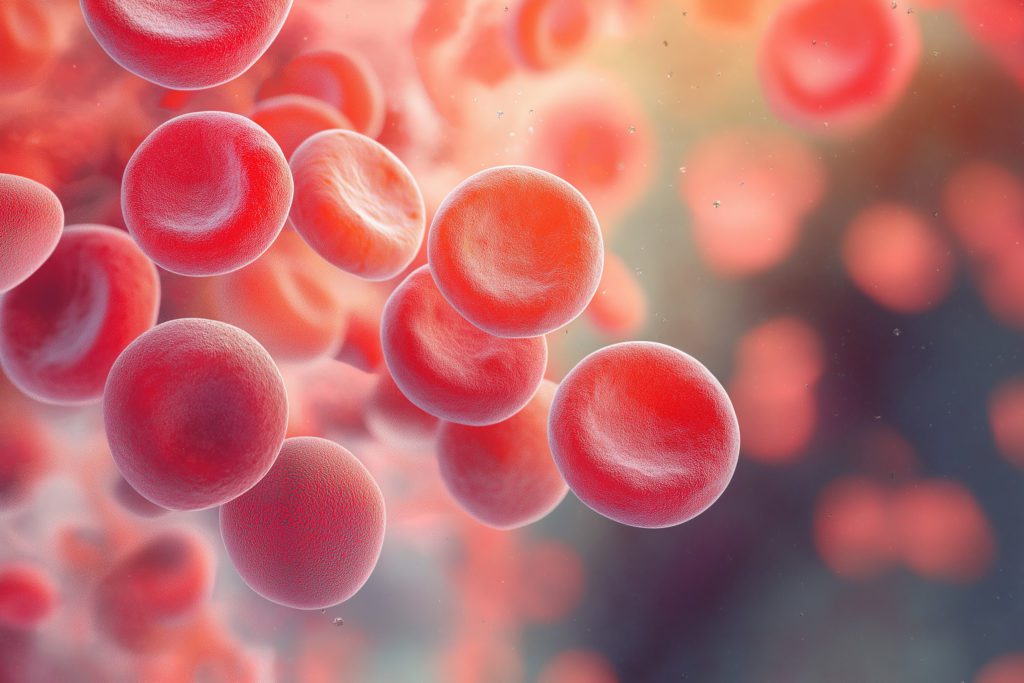
The Science Behind Sleep Talking: What Happens in the Brain?
Should you be worried about sleep talking? Learn about the science behind why some people talk in their sleep.

Have you been talking in your sleep? While you may be worried that your loose-lipped sleep habits are revealing your deepest secrets to everyone within earshot, the truth is that what we say when we're talking in our sleep is mostly gibberish. Of course, you might still be wondering why you talk in your sleep. Here's a look at what happens in your brain when you "sleep talk."
Does Everyone Talk in Their Sleep?
Not everyone experiences sleep talking regularly. However, most people will talk in their sleep from time to time. It’s a common sleep issue that affects most people at some point. Experts believe that two in three people experience sleep talking regularly.
Is Sleep Talking a Sign of a Problem?
No, you shouldn't necessarily be concerned if you've been told that you're a heavy sleep talker. However, there are some cases where sleep talking is a sign of a deeper underlying problem regarding sleep health or brain health. Let's break down why you probably don't need to be concerned if you talk in your sleep.
The reason why people talk in their sleep has to do with the way the brain transitions between sleep phases. If the brain doesn't transition between two cycles perfectly, the brain may experience a moment of confusion where it's not quite sure if it's awake or asleep. As a result, you begin to do things that you normally do during your waking hours. That includes talking.
Sleep talking can happen during any of the sleep stages. However, it's most common during non-rapid eye movement sleep (non-REM). This is the case because our bodies experience a temporary paralysis during REM sleep. Any talking that takes place during REM sleep is caused by neural signals failing to inhibit movement. Meanwhile, non-REM sleep is the phase where talking is caused by the brain experiencing a partial awakening in regions tasked with language production.
Causes of Sleep Talking
There are some external factors that can also induce sleep talking in someone who doesn't usually talk in their sleep.
- External disruption: First, any external disruption that interrupts your sleep cycle can potentially put the brain in an awakened state that causes you to talk even though you're not fully awake.
- Jet lag: Many people also experience sleep talking when they are experiencing jet lag after long or late-night flights. For example, staying awake for 18, 24, or more hours in a row due to travel between time zones can put you in a state of sleep deprivation that makes you more likely to talk in your sleep.
- Sleep deprivation: Sleep deprivation from any cause is also linked with sleep talking. When you have a general lack of sleep caused by trying to keep up with work, family, and social obligations, your overtired, heavily stimulated brain may be more likely to experience sleep-talking.
When Is Sleep Talking a Sign of a Problem?
You may want to take sleep talking more seriously if it's paired with sleep apnea. In people with sleep apnea, poor sleep that's caused by constant waking can hinder the brain's ability to properly transition through sleep phases.
The core characteristic of sleep apnea is waking up gasping for air because a lack of oxygen makes it impossible to breathe in your sleep. While many people with sleep apnea report that they are chronically tired, most struggle to make a link between their breathing difficulties and their exhaustion because they often don't remember waking up dozens of times in the night.
If the people in your household have told you that you talk excessively during the night, it's worth talking to a doctor to explore the possibility that you suffer from sleep apnea.
If you are struggling with anxiety and stress, unmanaged emotional strain could also be behind your sleep talking. Stress and anxiety actually make it harder for the brain to properly transition to sleep stages. Of course, this can create a vicious cycle of poor sleep that only contributes to feelings of stress and anxiety. Addressing stress in your life may help you to enjoy deeper, uninterrupted sleep.
Why Is Sleep Talking More Common in Kids?
If you're a parent, you may be wondering why your child constantly talks in their sleep. This is actually fairly common. In fact, experts believe that around half of all children sleep talk frequently. The reason behind these chatty sleep sessions is that a child's brain is still developing. The immature brains of children often struggle a little more with transitioning between wakefulness and sleep states compared to adult brains. Sleep talking is something that most people grow out of eventually.
It's also possible that you're underestimating how much sleep your little one needs. Children require more sleep than adults. While the average adult needs between seven and nine hours of sleep per night, school-aged children require between nine and 12 hours. Preschools and toddlers need anywhere between 10 and 14 hours of sleep per day. Even teens require eight to 10 hours of sleep.
If your child seems to talk heavily in their sleep on a regular basis, it might be time to consider that they aren't getting to bed early enough each night. In addition, any loud sounds or other disruptions in the home that could be interrupting a child's sleep could be causing sleep talking.
What Is Sleep Talking Telling You About Your Sleep?
The good news is that you don't have to worry about your sleep-talk sessions revealing your deepest, darkest secrets. Sleep chatter is generally just gibberish. However, the nonsense words you're saying could be telling you a little something about your sleep quality. While sleep talking is considered harmless, consistent sleep talking could be a sign of sleep deprivation or poor sleep quality. Are you sure you're getting enough deep sleep each night? Pillow can help you track your personal sleep trends to get a clear read on your sleep quality.
FAQ
Can certain foods or drinks trigger sleep talking?
Yes, consuming caffeine, alcohol, or heavy meals before bed can increase sleep disturbances, including sleep talking. Stimulants can keep the brain more active during sleep, leading to more vocal episodes. Eating late at night may also cause digestive discomfort, further disrupting sleep quality.
Does stress or anxiety make sleep talking worse?
Stress and anxiety are known triggers for sleep talking. When the brain is overstimulated by worry, it can lead to more nighttime vocalizations. Practicing relaxation techniques such as meditation, journaling, or deep breathing before bed may help reduce stress-induced sleep talking.
Can sleep talking be influenced by external noises?
Yes, external sounds, such as conversations, TV, or background noise, can sometimes be incorporated into sleep talking. The sleeping brain processes stimuli differently, leading to spoken responses that may appear related to surrounding noises, even though they are usually nonsensical.
Can medications influence sleep talking?
Yes, certain medications, particularly those affecting the central nervous system, such as antidepressants, sedatives, or stimulants, may increase the likelihood of sleep talking. These drugs can alter sleep stages, leading to more fragmented sleep and nighttime vocalizations.
Does sleep deprivation increase sleep talking?
Yes, lack of sleep can make sleep talking more frequent. When the body is overtired, it experiences more sleep disruptions, increasing the chances of parasomnias like sleep talking. Prioritizing consistent, high-quality sleep can help reduce these episodes.
Is sleep talking more common in children or adults?

Written by
Emily Mendez
Emily Mendez is a former therapist and mental health author. She is one of the leading voices in mental health. Emily's writing has appeared in eCounseling, SonderMind, and more. Emily is frequently interviewed by Healthline, Fatherly, INSIDER, Family Circle, and other national media for her advice and expert opinion on the latest mental health topics.
Download Pillow
Get help
Press & News
Legal
Connect
X (Twitter)
Company
Copyright © Neybox Digital Ltd.



